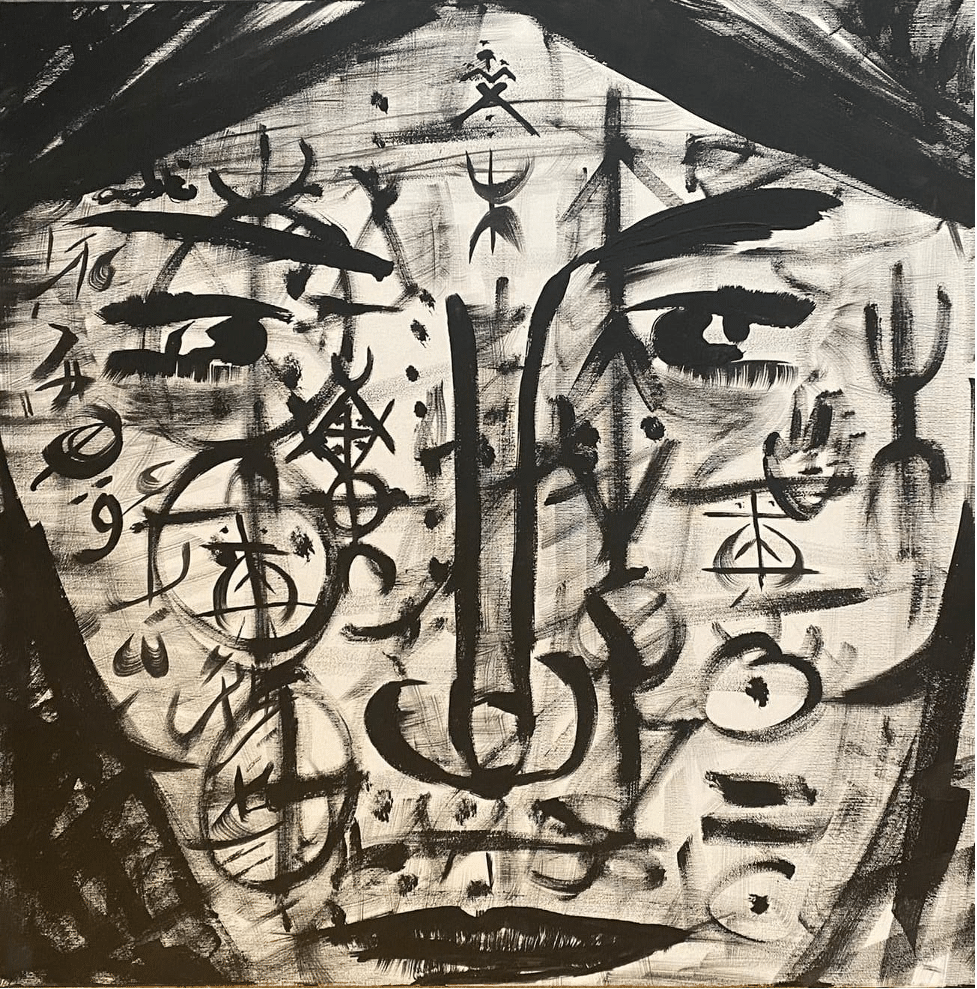FASHION
Cultural Diversity in Massinissa Askeur’s Artistic Expressions

The art industry has evolved significantly over time, with several changes and developments taking place from when the industry was first established to the modern era. Moreover, with the advent of technology and new materials, artists have been able to experiment with different techniques and mediums. From traditional painting techniques to digital art, the art industry has expanded into diverse mediums.
Over the years, several art movements have emerged that have brought significant changes to the art industry. Examples of these movements include Renaissance, Baroque, Impressionism, Cubism, Surrealism, Abstract Expressionism, Pop Art, etc.
In addition, with the rise of modern technology and social media, artists can now showcase and promote their works to an international audience. This has led to increased diversity and cross-cultural exchange within the industry. Moreover, many artists have made this cultural diversity a constant part of their art and Massinissa Askeur is one of them.
The art industry has become increasingly commercialized, with art being viewed as an investment and a commodity. This has led to the increased prominence of art auctions, galleries, and art fairs. Today, innovation is highly valued in the art industry, with artists being encouraged to think outside the box and create unique and unconventional works of art.
Massinissa Askeur, a self-taught artist of Berber origins, was born on January 4, 1987, in Algiers, where he lived until the age of twenty. Since his childhood, he has traveled throughout North Africa with his father, a doctor, encountering various cultures and traditions. After finishing his humanities studies, he began to travel throughout Europe and the Mediterranean basin, becoming interested in art, history, and ancient Greek-Roman philosophy. He now lives in the Lombard Prealps, near the Swiss border, with his wife Martina and their two children, Noah and Théa.
Askeur is well-known as an Italian abstract symbolist artist, and his work has been shown in galleries all over the world, including the Venice Biennale and the Carrousel du Louvre. After finishing his humanistic studies, he couldn’t help but follow his instinct and desire for exploring new cultures. This was the passion that drove Askeur to travel throughout Europe and the Mediterranean basin, developing a passion for art, Greco-Roman philosophy and history, and interacting with new cultures. All of this contributed to the cultural substrate that formed his personality, making him a dynamic and eclectic character.
After settling in Italy, Massinissa Askeur launched a successful line of watches called Napoleon Watches, which earned him recognition from the Consulate of Algeria in Milan. However, he soon realized that he did not want to be a passive admirer of art and instead developed a figurative style that allowed him to express what he had seen and admired in the past. This style was inspired by the rock inscriptions of ancient times and street art techniques, incorporating stylized reality and primitive symbols to convey messages in simple drawings. Askeur’s preference for using grayscale in his works adds a personal touch to his masterpieces, emphasizing the importance of essence over appearance.
In addition, Askeur consolidated his interest in dogs by establishing a cynophiles’ center and a dog hotel in the province of Varese. From an artistic standpoint, he has a strong interest in drawing, painting, and sculpting. In his works, he is constantly inspired by Mediterranean culture and traditions, both present and past, in order to maintain a deep connection with its Berber origins, while searching in the symbol for a way of immediate and introspective communication. He also uses symbolic art in his work to maintain a connection with its Berber origins. Only by observing the small details that can be discovered with the allusions, whispering the meanings that can be connected to the Berber heritage, he has developed his art as a message of spontaneous understanding.
Askeur was made an honorary citizen of Algeria by the Consulate of Algeria for his exhibition of Napoleon watches in Milan, Italy. During the recent Cannes Film Festival, he was elected as the Joan Miró style heritage at the University of Paul Valery, and Mondadori included him in his yearbook of contemporary art, “Artisti 22,” naming Askeur among the 500 Most Influential Contemporary Artists in the world. His work has also been shown at the Venice Biennale and the Louvre Carrousel.
Massinissa Askeur’s decision to blend his knowledge with art predominantly created uniqueness in his work. He desires to emphasize the importance of the essence while the world focuses on appearance. Furthermore, he aims to take inspiration from his ancestral path and reconnect with nature while stripping it of the complexities of modernity. However, he does not ignore the enigmas and the mysteries that intertwined for humans to learn through eras. Massinissa Askeur’s deeply-rooted traditions are very important to him, and his desire to make them protagonists and introduce them to the world is strong.

-

 ENTERTAINMENT3 months ago
ENTERTAINMENT3 months agoBuilding Community Through Compassion: The Social Mission Behind Big Yard’s Music
-

 GUIDE2 months ago
GUIDE2 months agoBenefits of Air Casters for Safe and Efficient Material Handling
-

 HOME IMPROVEMENT1 month ago
HOME IMPROVEMENT1 month agoWall Panels: Transforming Spaces with Style and Functionality
-

 GUIDE1 month ago
GUIDE1 month agoBuild to Suit Opportunities Offer Turnkey Locations for Retail Business